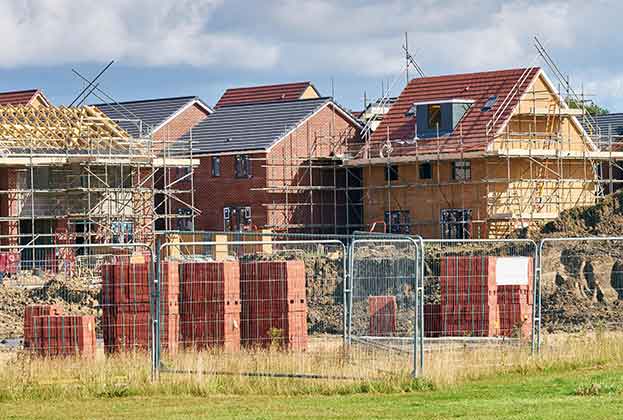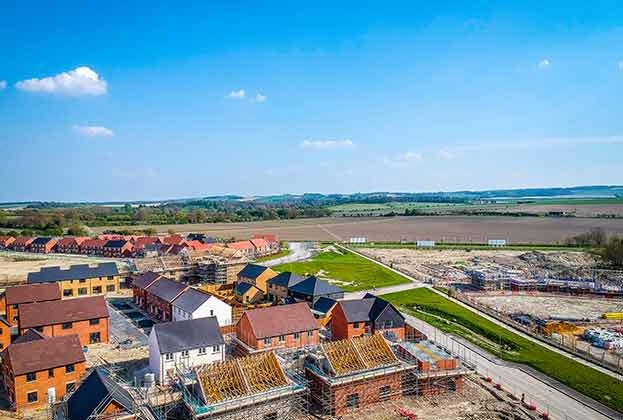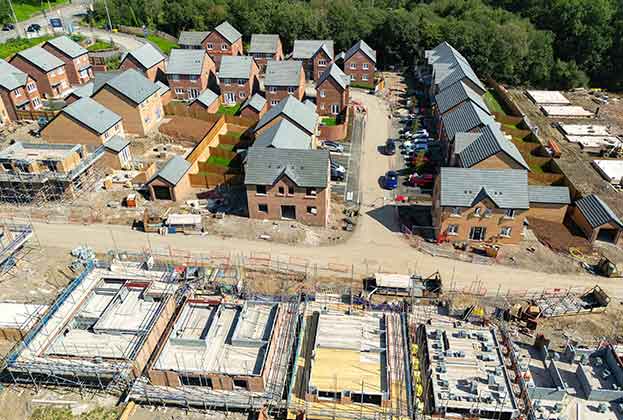Custom build offers buyers the opportunity to specify varying levels of detail in their new homes, over and above what they might expect from a new build. Such detail might range from internal and external finishes to a choice of house types and internal configurations. Research shows that many custom build buyers would not buy a standard product, and that they will have a greater affinity with their new homes, stay longer and contribute more to their communities. Yet while the model is commonplace in Europe, it struggles to gain traction in the UK.
It's not just about being able to put your own fingerprint on a property without the challenges of self build. There are tangible economic, financial and environmental benefits, too, in particular the use of local designers and trades. Many buyers benefit from SDLT savings through buying the plot then contracting directly with the contractor for the build, with other breaks on CIL and grant aid available. Modern methods of construction are typically used with strong sustainability credentials.
So, what’s not to like? Well, the logistics are not straightforward. Not only is it difficult to find nearby schemes, there are the practicalities of making a significant financial commitment prior to having the security of bricks and mortar in place, not to mention months of construction. That said, specialist custom build mortgages are available from a limited number of providers for those without cash to hand.
The Government is keen to support and encourage the sector as part of its Accelerated Construction Scheme, recently announcing £1bn of short-term loans to help innovative developers including custom builders. Nevertheless is still a process that the property industry remains slow to embrace. Other than a handful of high-quality participants, the sector lacks the critical mass of the traditional sector. Volume housebuilders remain unconvinced that it is a viable option for their product and business model. But perhaps that’s the point?
Further schemes are needed to make the case and attract newcomers. It won't happen unaided with land values impacted by lack of developer demand and planning authorities nervous about dealing with reserved matters and affordable housing viability. Dedicated sites for 100 units plus remain rare, leaving this model in something of a state of limbo. And while advocates of custom build remain vociferous, until there is mainstream support for dedicated sites, the concept seems destined to remain a niche player in the drive to address the UK’s housing crisis.
Further information
Contact Savills Planning & Development
.jpg)



.jpg)


.jpg)

.jpg)
